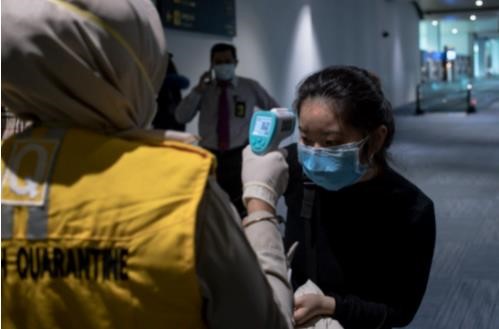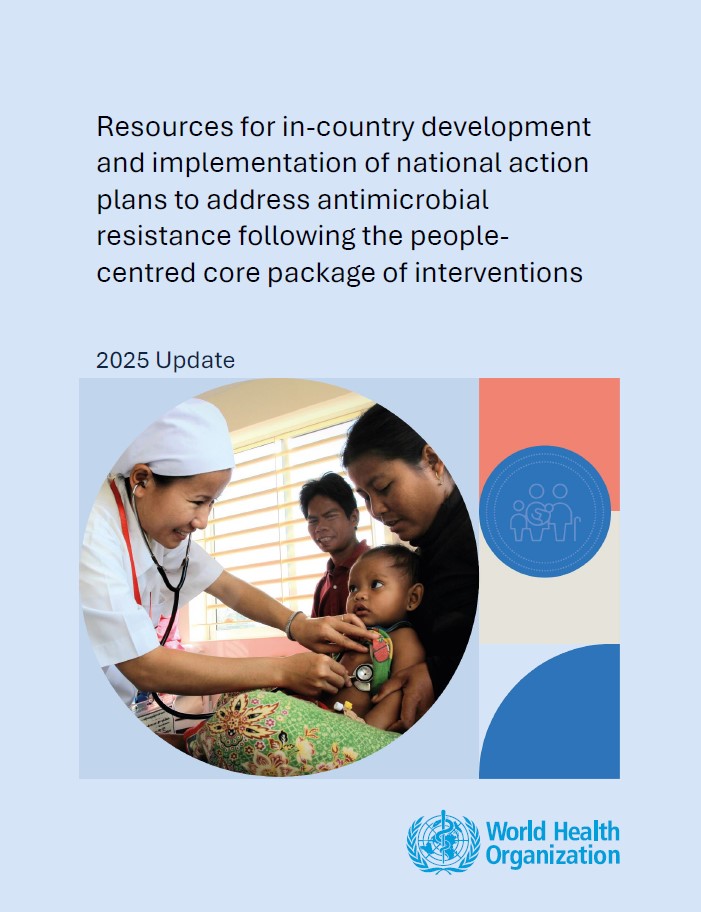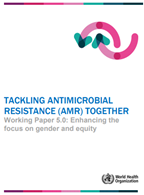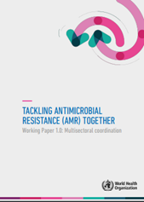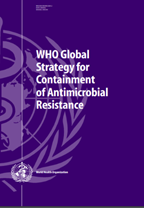Supporting countries with national action plan implementation and monitoring
In May 2015, the Sixty-Eighth World Health Assembly adopted the "Global Action Plan on Antimicrobial Resistance." The goal of the global action plan is to ensure, for as long as possible, continuity of successful treatment and prevention of infectious diseases with effective and safe medicines that are quality-assured, used in a responsible way, and accessible to all who need them.
To achieve this goal, the global action plan sets out five strategic objectives:
- to improve awareness and understanding of antimicrobial resistance;
- to strengthen knowledge through surveillance and research;
- to reduce the incidence of infection;
- to optimize the use of antimicrobial agents; and
- develop the economic case for sustainable investment that takes account of the needs of all countries, and increase investment in new medicines, diagnostic tools, vaccines and other interventions.
The World Health Assembly also urged all Member States to develop and have in place by 2017, national action plans on antimicrobial resistance that are aligned with the objectives of the global action plan.




